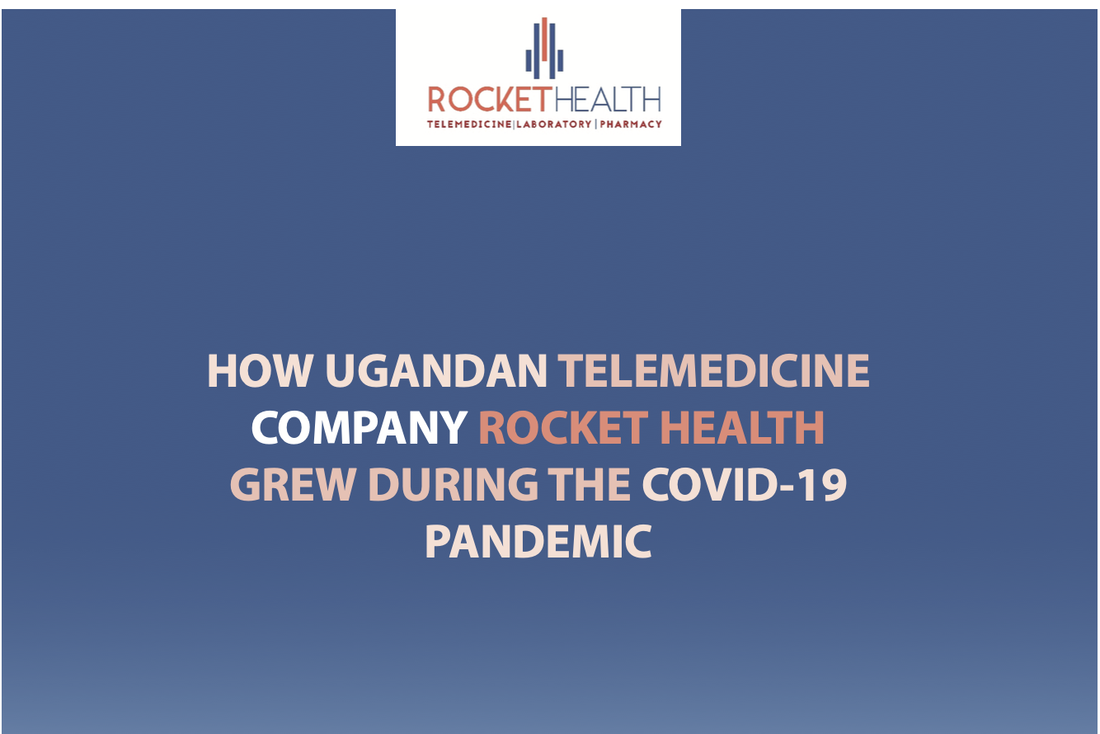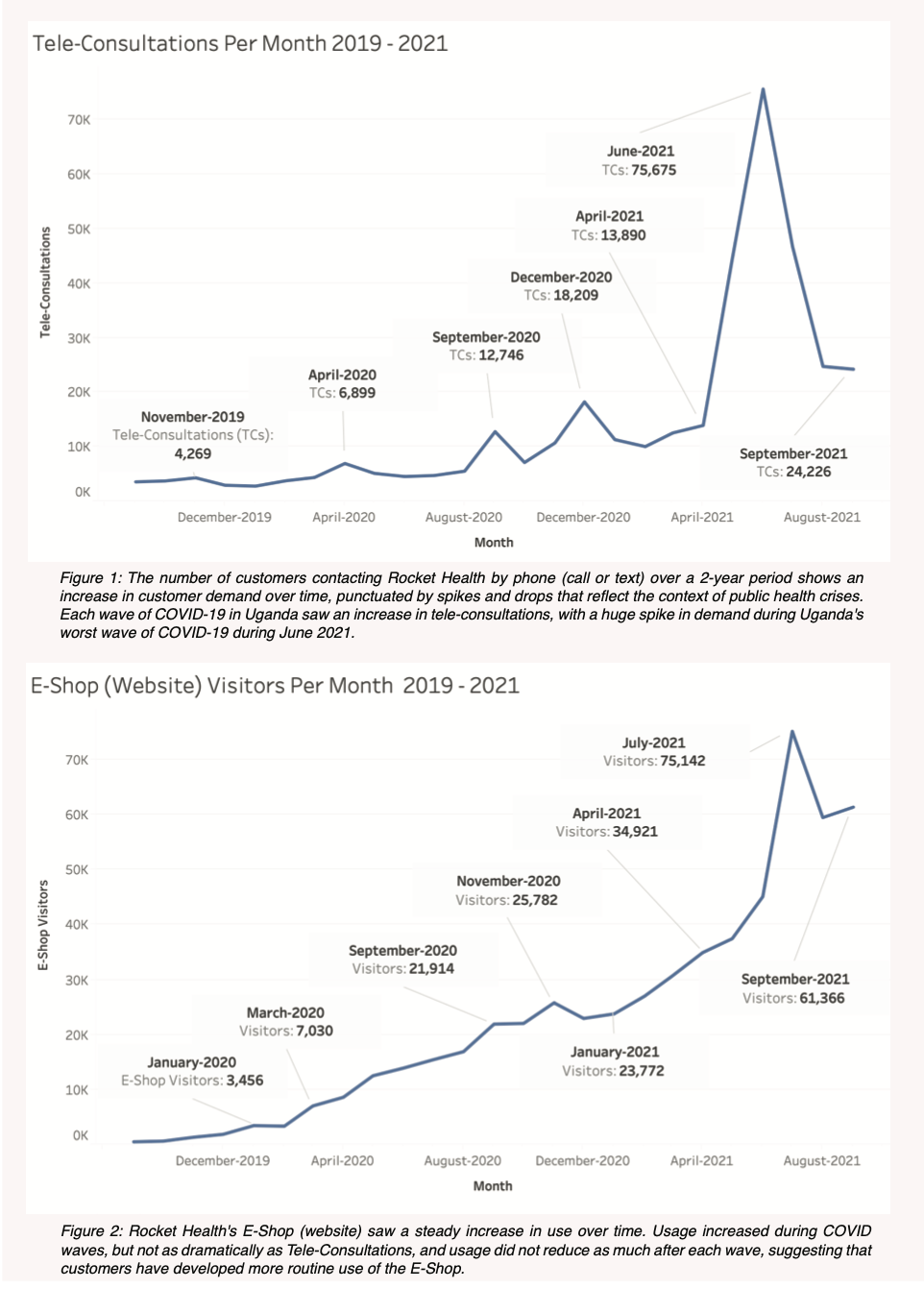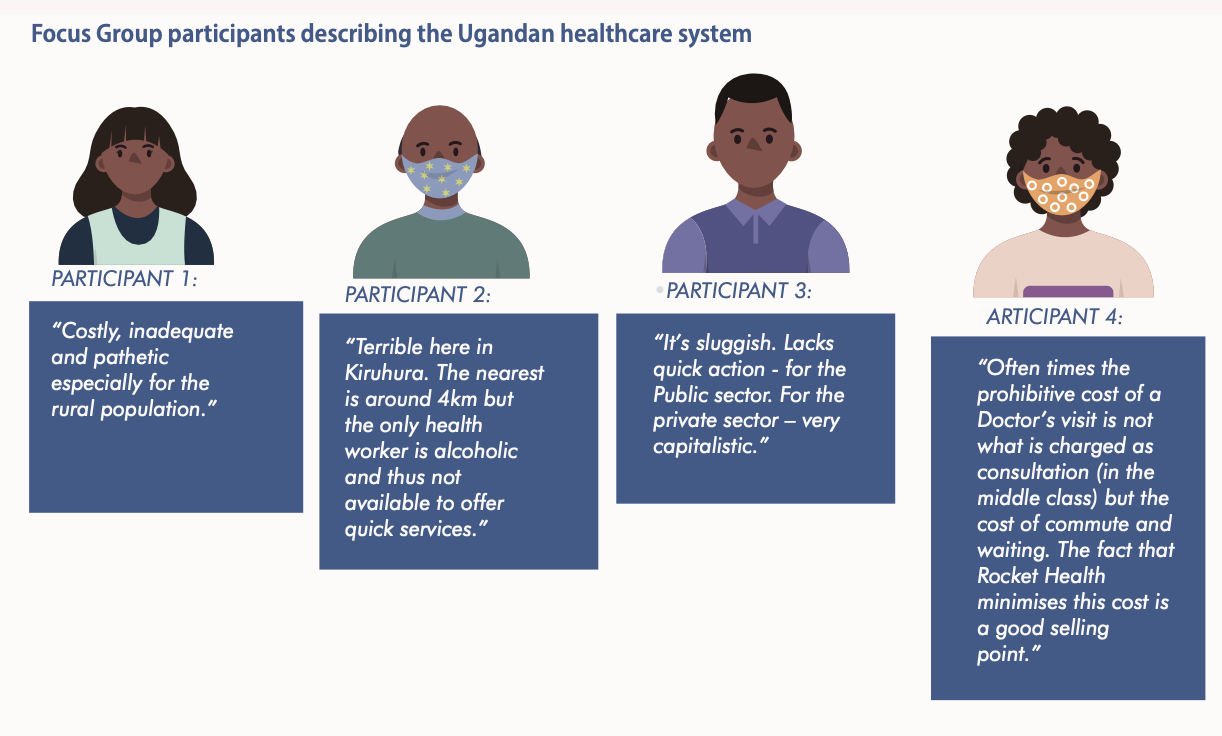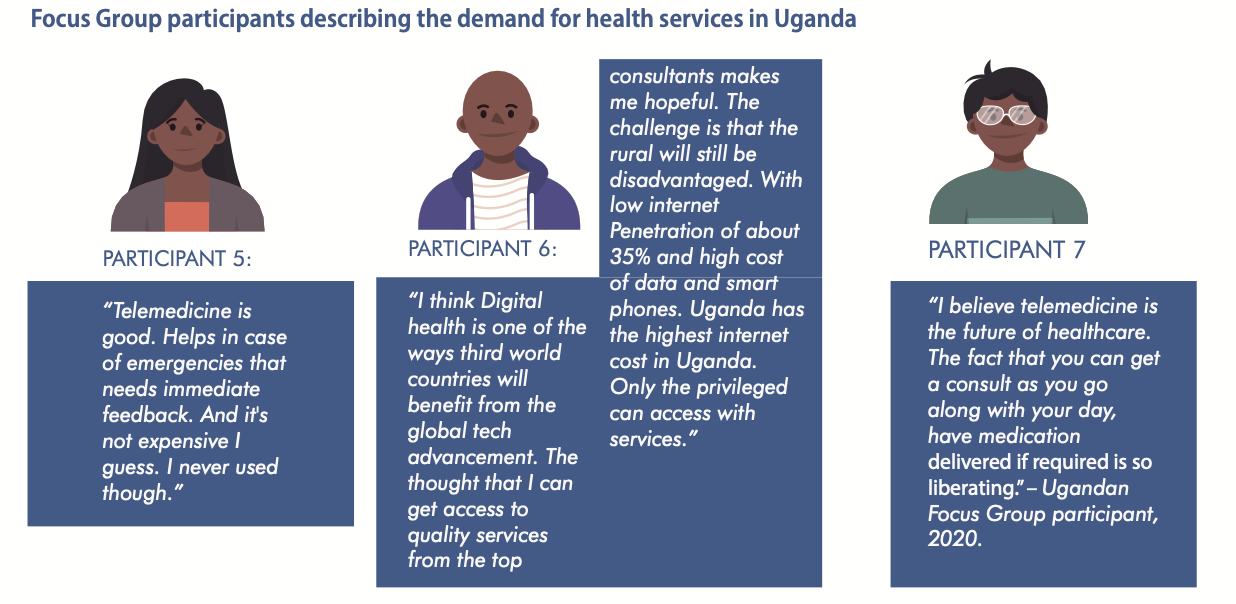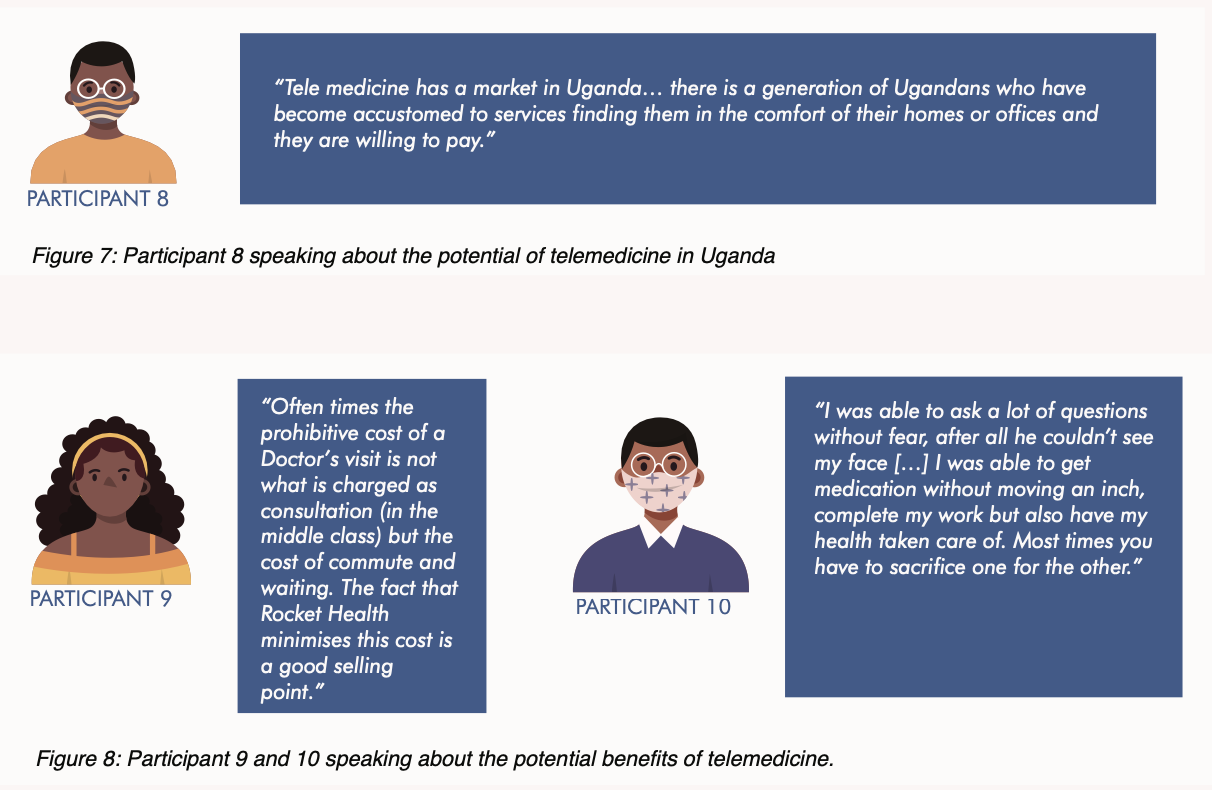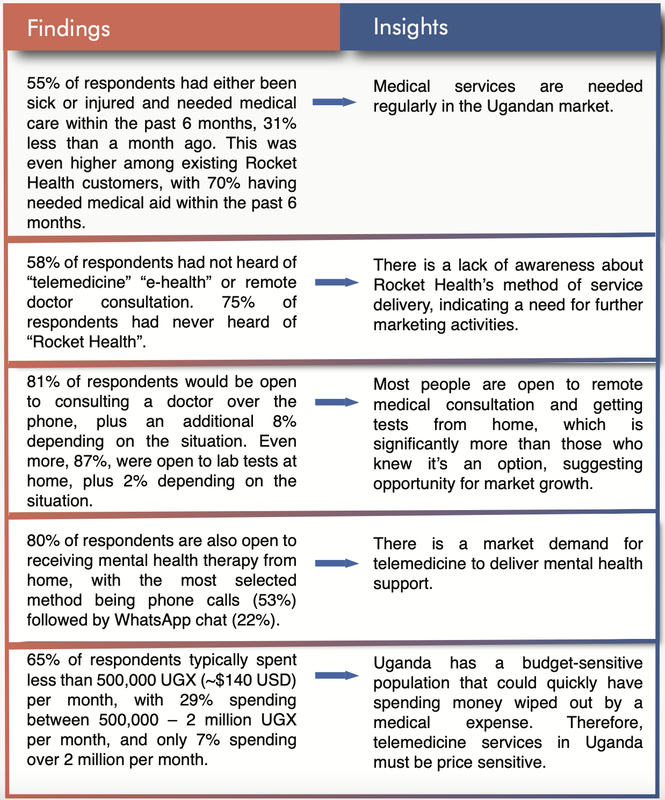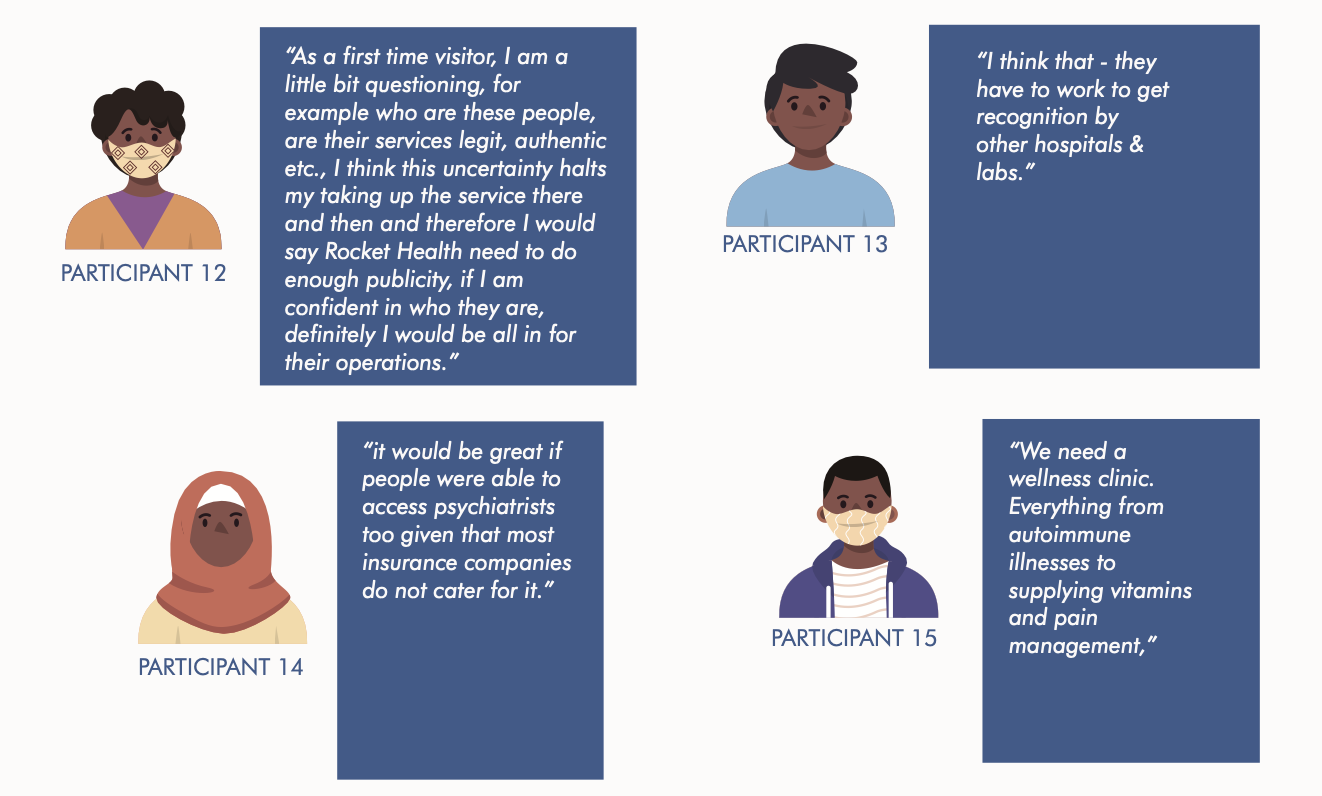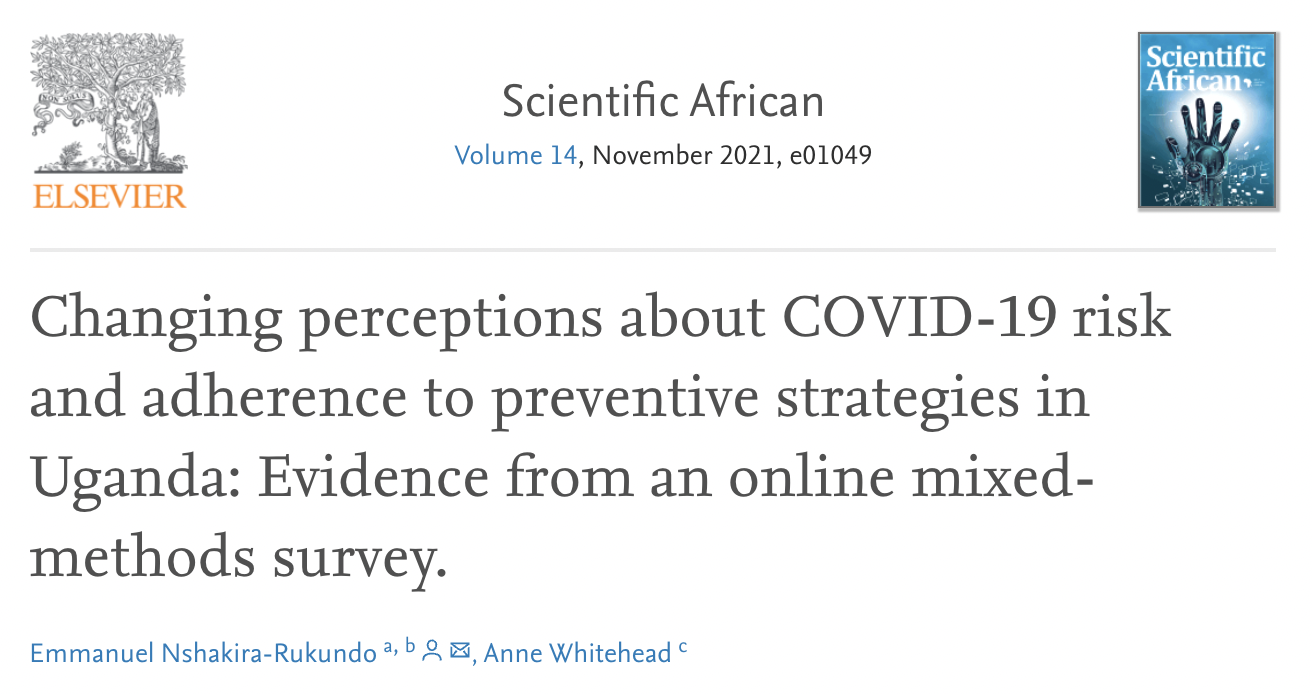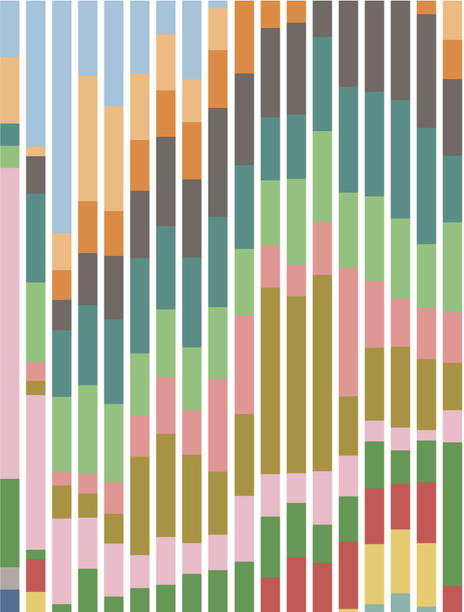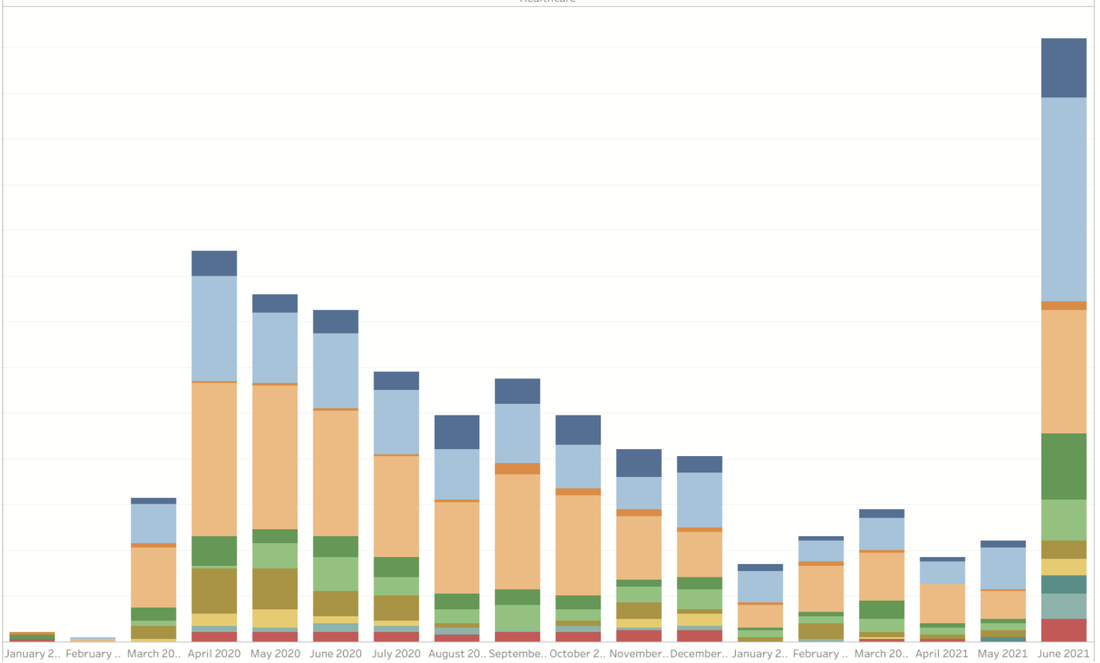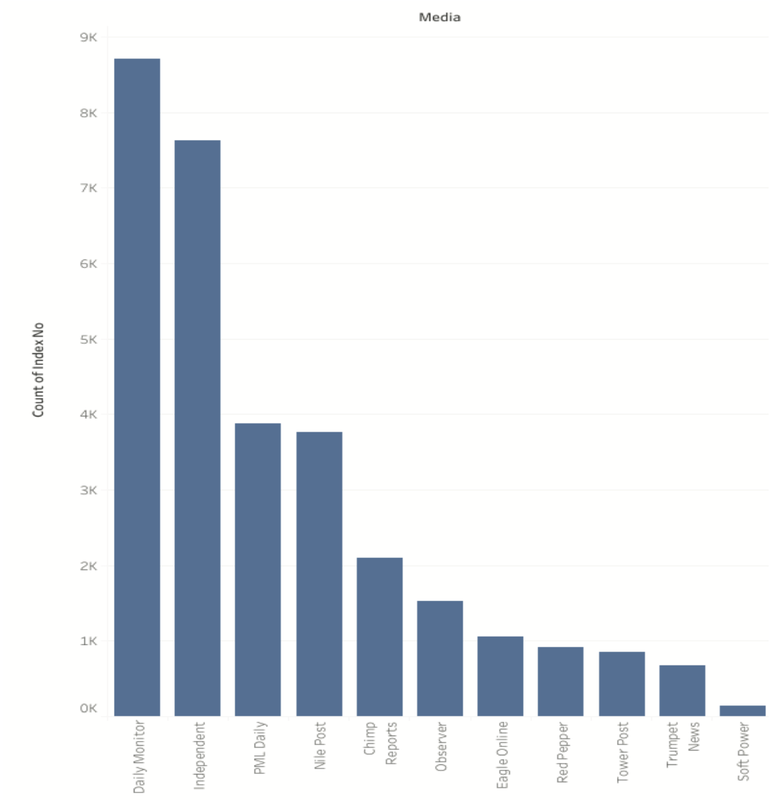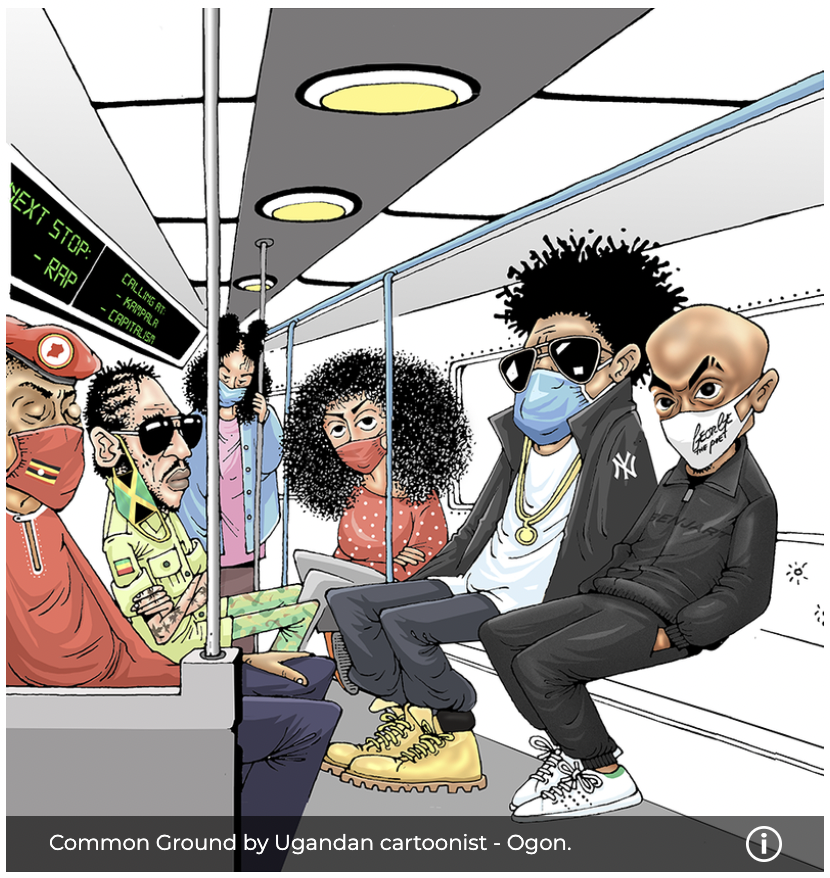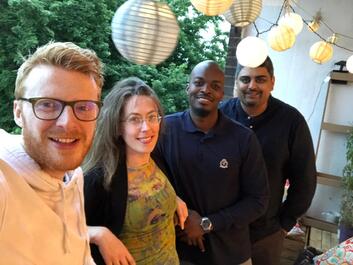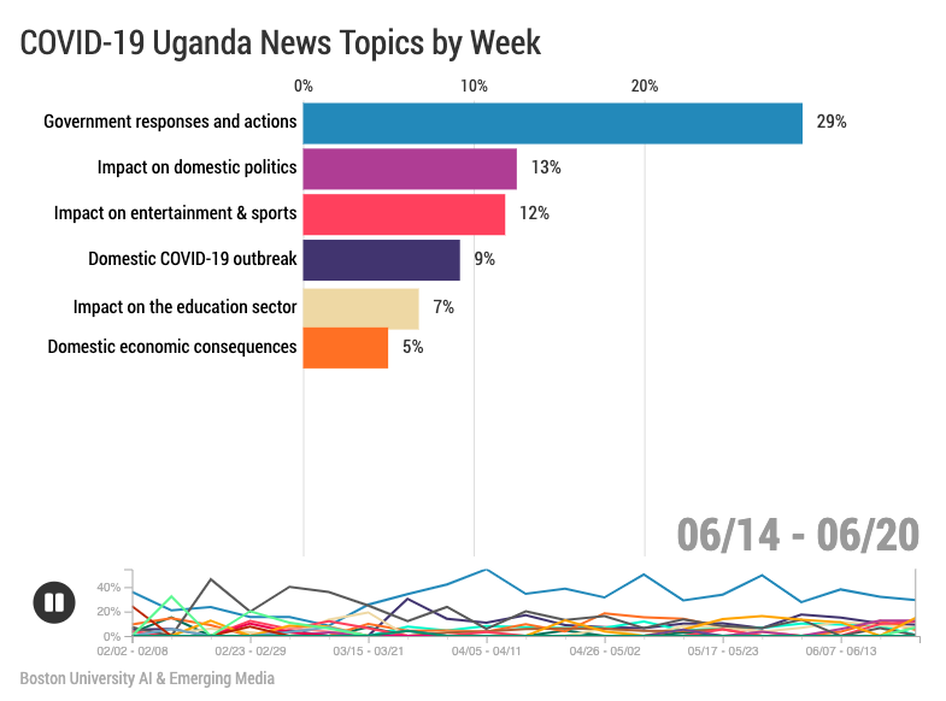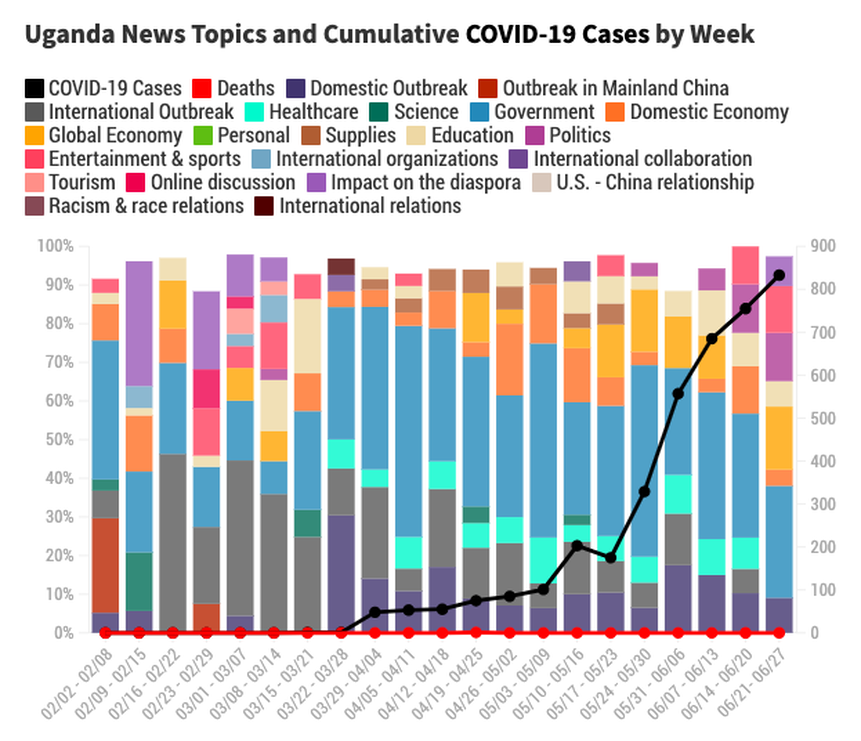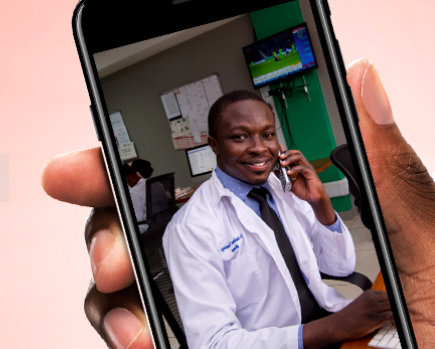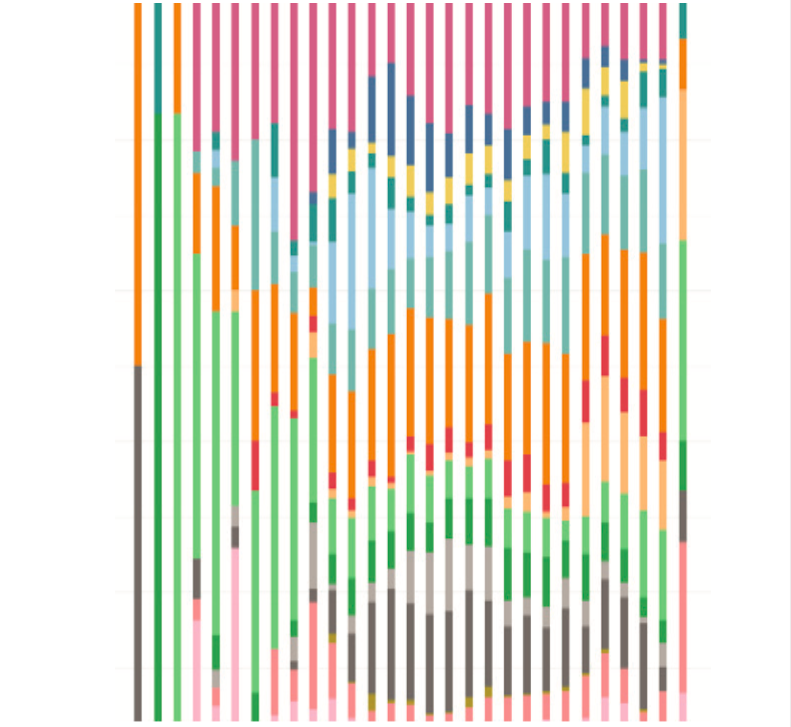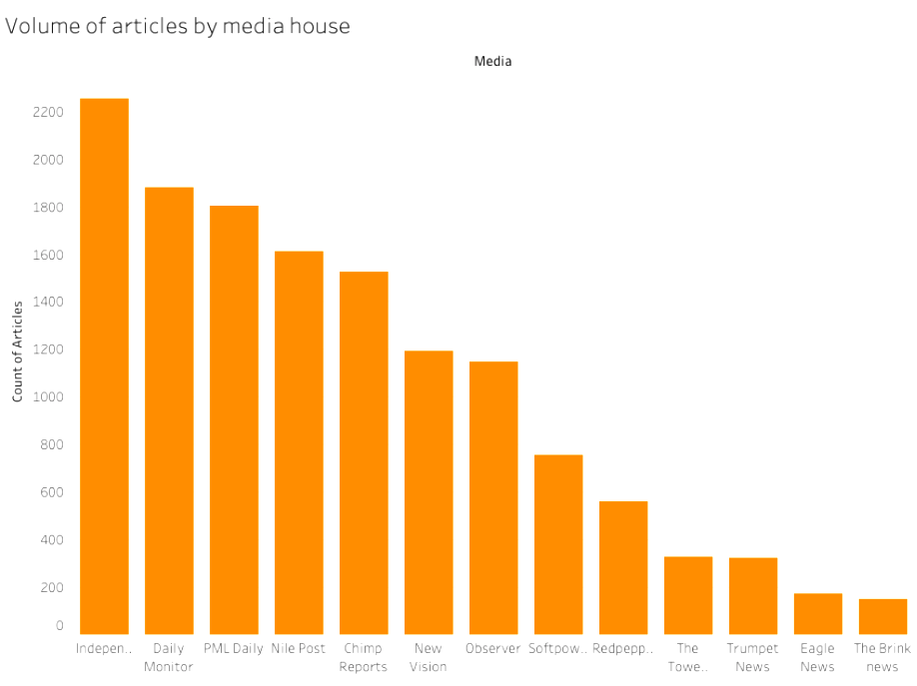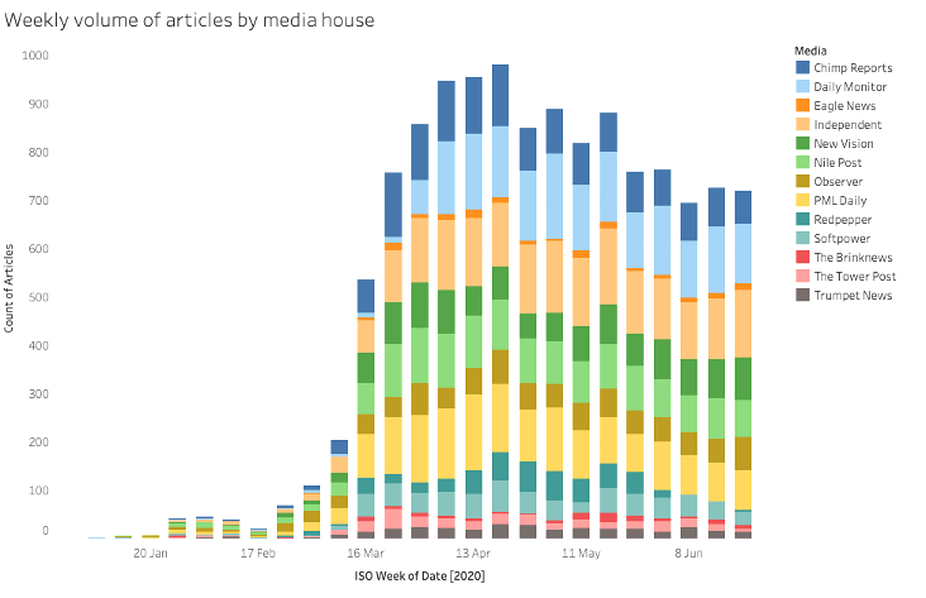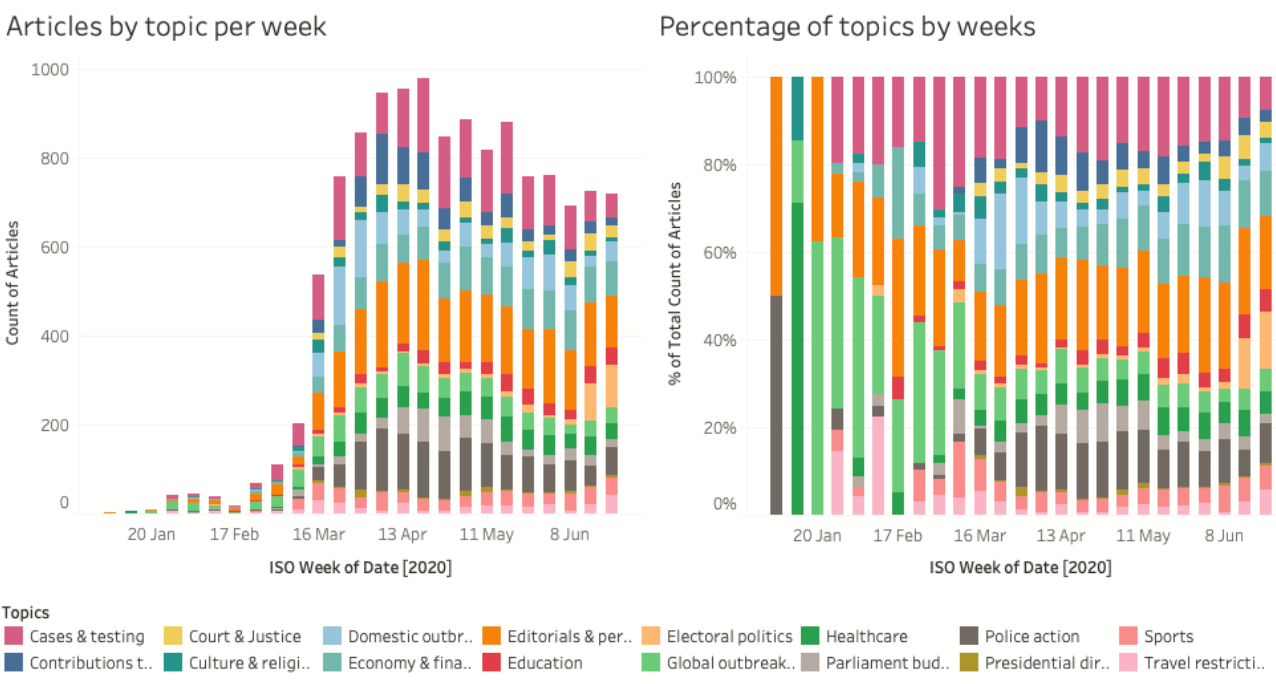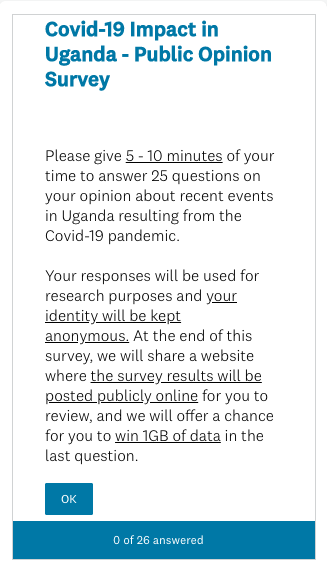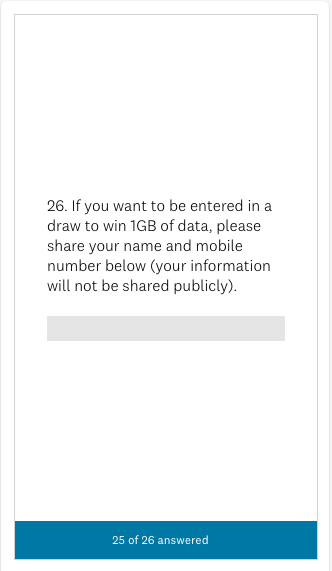In August 2022, you could find a piece of Whitehead Comm on the sidelines of the Internet Engineering Task Force (IETF) - held at Sheraton, downtown Philadelphia (USA) - at the Applied Networking and Research Workshop (ANRW’ 22).
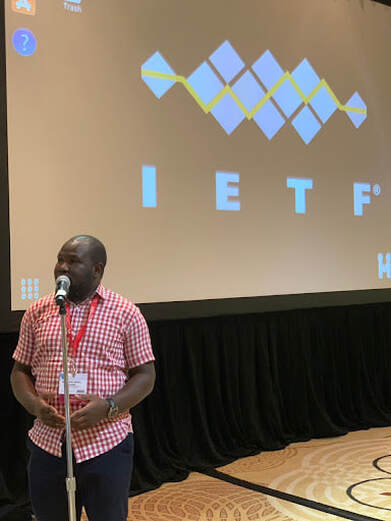
The Applied Networking and Research Workshop (ANRW) is an academic workshop that provides a forum for researchers, vendors, network operators, and the Internet standards community to present and discuss emerging results in applied networking research. The goal of ANRW is to bring together researchers from academia, industry, and government to share their work and ideas.
Norman Angel, our Research Associate at Whitehead Communications Consult, and currently pursuing MSc. Data Science and Analytics at Strathmore University, Nairobi, Kenya, attended the Internet Engineering Task Force (IETF) primarily to participate in the Applied Networking and Research Workshop (ANRW), an academic workshop that provides a forum for researchers, vendors, network operators, and the Internet standards community to present and discuss emerging results in applied networking research, and to find inspiration from topics and open problems discussed at the IETF. The workshop consisted of a mix of invited talks, submitted talks and short papers.
It was his first IETF meeting and was a unique experience for me, particularly compared to other conferences he has attended before.
Norman Angel, our Research Associate at Whitehead Communications Consult, and currently pursuing MSc. Data Science and Analytics at Strathmore University, Nairobi, Kenya, attended the Internet Engineering Task Force (IETF) primarily to participate in the Applied Networking and Research Workshop (ANRW), an academic workshop that provides a forum for researchers, vendors, network operators, and the Internet standards community to present and discuss emerging results in applied networking research, and to find inspiration from topics and open problems discussed at the IETF. The workshop consisted of a mix of invited talks, submitted talks and short papers.
It was his first IETF meeting and was a unique experience for me, particularly compared to other conferences he has attended before.
Norman brought his East African perspective to the global gathering. As an organisation, the IETF is focused on practical solutions and detailed specifications for working systems, as opposed to conceptual research. This practical focus appealed to Norman’s interest in systems-building research and is one of the reasons why he chose to attend IETF-114. By attending the academic research workshop, he gained a better understanding of what problems are currently in need of solutions, what problems will need to be solved in the near future, and what constraints shape the space of possible solutions to building the internet - particularly in Africa. IETF-144 gave Norman new research problems to think about and helped him identify better ways to evaluate any future research. In particular, Norman has been thinking more about capacity building to enable digital inclusion of people people in the countries where he lives and works, Kenya and Uganda.
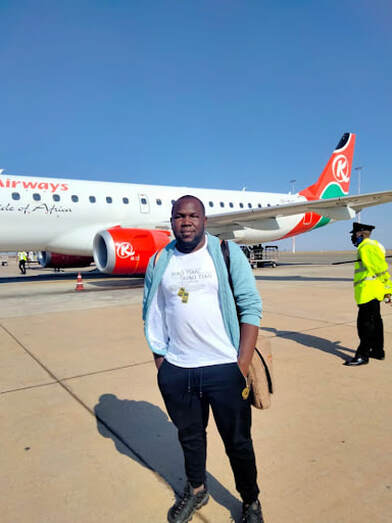
“I also realised what a great opportunity IETF meetings are to meet and talk with people from different parts of the world. Gaining these vastly different perspectives is valuable for researchers like myself. I’m grateful to ANRW organisers who provided support to student attendees like myself in terms of travel grants for enabling my attendance. Special thanks to everyone at Whitehead Communications Consult who have been a big part of my career development and for always supporting and providing room for learning.”
We're always excited to see our team learning and brining lessons back.
If you want to talk more to Norman about his experience, please contact our team at [email protected]
We're always excited to see our team learning and brining lessons back.
If you want to talk more to Norman about his experience, please contact our team at [email protected]

